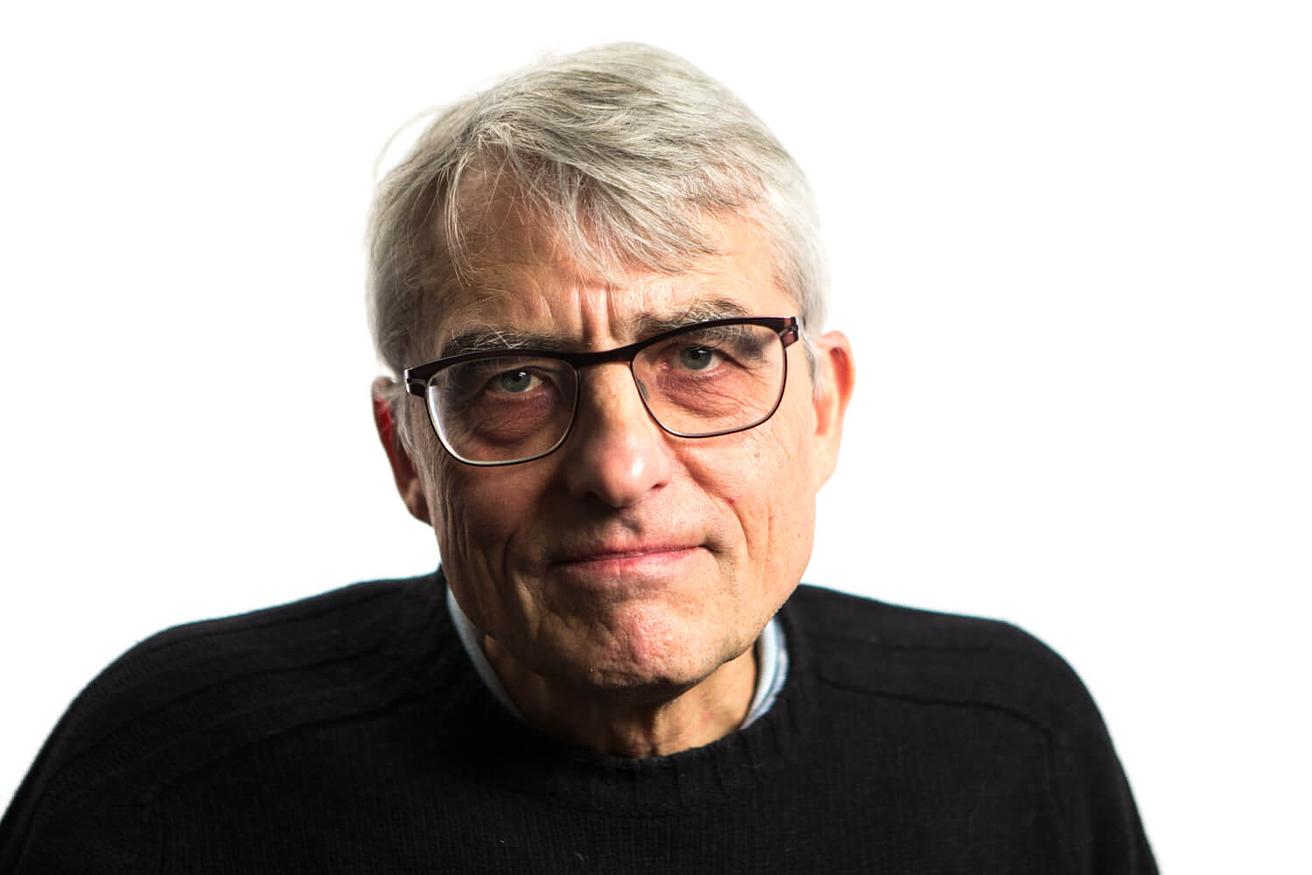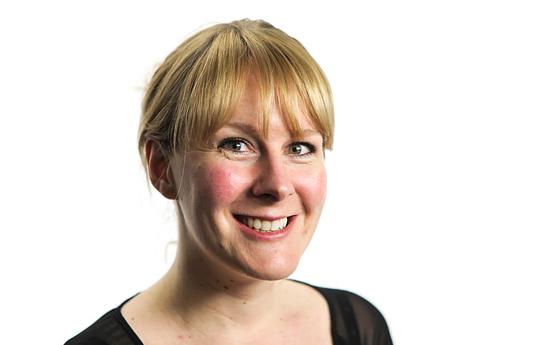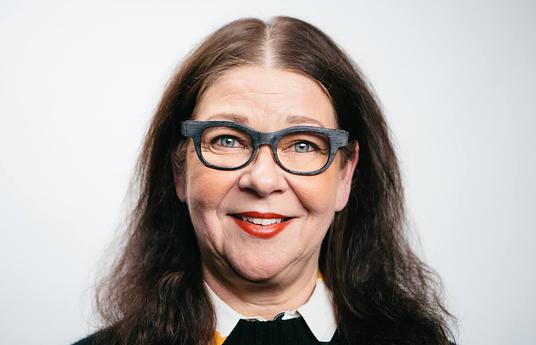Allan Kjær Andersen
Allan Kjær Andersen is the Principal of Ørestad Gymnasium in Copenhagen. The school is renowned for its innovative learning environment with open spaces instead of traditional classrooms, its strong emphasis on media skills and fully digitalised learning material.
Skills
What are the skills we need to be teaching our children?
We have tried to define the skills at my school - we want to teach a curriculum that not only has traditional subjects, but also our own OEG curriculum. We have to define digital skills, media skills, global skills and innovative skills. These are some of the most important, and we have tried to describe them in a way that enables us to say that our students get both the traditional curriculum and an extra twenty-first century skills curriculum.
Within these competencies there are some personal and social competencies of course, because that’s the foundation for doing other things. In order to innovate you have to be able to collaborate. In order to be a global citizen you have to have empathy and believe in yourself, have resilience and things like that. So we think these skills are just as important as the traditional subject skills.
Teachers
What is the role of the teacher?
The role of the teacher is to organise processes where learning can take place for the students. That means the teacher has many roles. Sometimes the teacher is an instructor, a facilitator or an evaluator.
What’s important is for the teacher to talk less and let the students work more. The teacher has to organise processes that encourage that to happen.
The architecture of my school forces the teacher to do just that, because the only thing you can’t do in a school building like ours with all these open learning spaces is have a traditional school with traditional teaching, where the teacher does most of the talking. You have to organise student-activating processes. So therefore, in my school our ideas of pedagogy are very closely connected to our building and our use of technology.
How would you encourage teachers to develop their teaching skills on a day-to-day basis?
The most important thing, in which we have been successful in doing, is to organise teachers in teams. They help each other, inspire each other, learn from each other and produce together. So we haven’t had much competence development - we have had much more in-service training where a subject group of teachers, for example in math, develop material together and get inspiration from people, from the outside and from the material produced by colleagues.
I think the collaboration of teachers is the key to every change in school.
Assessment
How does assessment need to change?
First and foremost, assessment is necessary in teaching. It’s the precondition for learning. So assessment in the classroom and in the school is very important.
I also think that it’s important for schools to work with other schools and compare experiences, but I think that ranking has the opposite effect. When you are ranked and you not at the top, you want to be like the ones who are at the top, and so often you don’t see the qualities of your own school or teaching.
It’s very important that assessment takes a departure from the learning processes of the single school and the values of the school. I really don’t believe that surveys carried out nowadays have much to do with quality development.
Environments
What are the challenges in traditional classrooms?
The problem in a traditional classroom isn’t the classroom itself, because sometimes it is necessary for teachers to instruct and lecture - we also do that at Ørestad Gymnasium. The problem is that this scenery defines the activities. So you sit in the rows and you have the memory of your own teacher. I think the classroom tends to traditionalise teaching.
What I can see in my school is that because the environment is different, the teacher has to think differently. You can’t do without traditional classrooms, they’re also necessary, but you have other environments that force you to do other things.
What do you think the most exciting learning environment is?
I think it’s a variation of many different environments - traditional classrooms, open learning spaces for group work and the outside world. I think it’s very important that the students get out, are curious and find out things for themselves and then come back to the school to discuss them.
For us the virtual environment is very important. Everything we do in my school has a digital component within. All our teaching material is digital. It’s a tool for the learning processes of the students.
All these different learning environments are equally important, but what we can see is that if you start to organise teaching in environments other than the traditional classroom, you have to have a very strong digital backbone. It’s the digital environment that organises the processes.
In the open learning spaces at my school you can’t have traditional classroom teaching, because you can’t talk to the whole class or you’ll disturb the other classes. When the teacher talks to one student or a group of students and gives them feedback, it’s important that the other students have something meaningful to do at the same time. This digital backbone makes it possible to differentiate - to have more personalised learning.
Leadership
What role should government play in education?
Government has an important role in building physical environments and in developing digital material. We have been 100 percent digital since 2012.
I think it’s very important governments and private companies work together - that’s not the case in Denmark. Publishers are private and many of them have not seen that there’s a new market, so they still believe in the old-fashioned book. Governments could play a very important role in developing very good teaching material.
One important thing that governments could do is to back down from the PISA sickness. The comparison between the countries, the benchmarking, means that we are making teaching all over the world more traditional.
Every country wants to be a new Singapore, or Finland for that matter, and therefore governments don’t see what’s really needed. It’s very important that they are not so obsessed with the PISA survey.
Personal memory
What was your favorite moment from your own formal education?
In high school - it was when we were able to work more by ourselves and with what really motivated me.
When I went to high school I studied classical languages, so wrote an essay in both Greek, Latin and French and then compared them. Because I was so interested in what I was doing, I did something that was quite beyond the expectations of a third year student in high school.
The same thing happened at university - what really excited me was when I worked in a group on a project. I learned so much when I did that, and so I worked much more than the usual time schedule of a student.
I would like to see much more of this inner motivation in the school system.
Did you have a favorite teacher?
I had a Greek teacher in high school who was really a dentist, but he learned Greek as well. He taught us in the morning and went to his clinic afterwards. He was so enthusiastic about what he was doing and we could feel that enthusiasm. We read a lot more Greek than we should have.
I remember in the third year he came in the Spring and we said we had read double of what we should have and that we had learned some Hebrew as well. We had three months of Hebrew even though we should have had our exams in Greek. We could do that because he succeeded in giving his enthusiasm to us - we were so excited about Greek. After high school we met once a month and still read Plato and Homer. He also came with a German book. He knew me and he knew I would like it.
I read 500 pages of German in high school just for the fun of it on my own time. That’s what a good teacher can do.
The next 100 years
The next 100 years of Finnish education should... put more emphasis on developing personal and social skills and competences for the future such as innovation, digital competence and knowledge of the global community.





